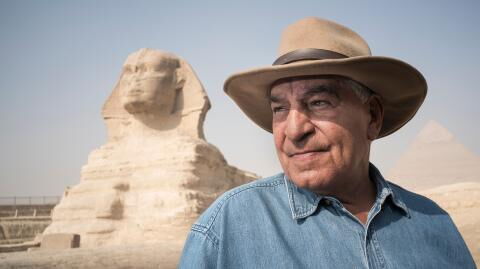These needle-point turkey leg bones were uncovered in 1985 during excavations at a burial pit at the Fernvale site in Tennessee, USA.
Discover our latest podcast
More than 30 years later, new microscopic studies have identified stains of ochre, black and red pigments, which would make these remains the oldest known tattooing tools in the world, archaeologist Aaron Deter-Wolf of the Tennessee Division of Archaeology in Nashville and his colleagues tell the Journal of Archaeological Science: Reports.
Pigment residues and unusual wear
The nature of the remains was also identified by analysing the wear on the ends of the bones, similar to previous tattooing tools made from deer bone.
Two turkey wing bones were also found by the scientists. They show the same microscopic wear and tear as well as colour residues. Pigment-stained shells found at the site of the excavation could have been used as containers for the products in which the tattooers dipped their tools.
The tattooing traditions of the North American Indians
The research carried out by the team of scientists allows to determine that the Native Americans would have used these bones to ink out tattoos approximately 5520 to 3620 years ago.
Tattooing traditions among the indigenous population of eastern North America would therefore date back more than a millennium earlier than previously thought.















